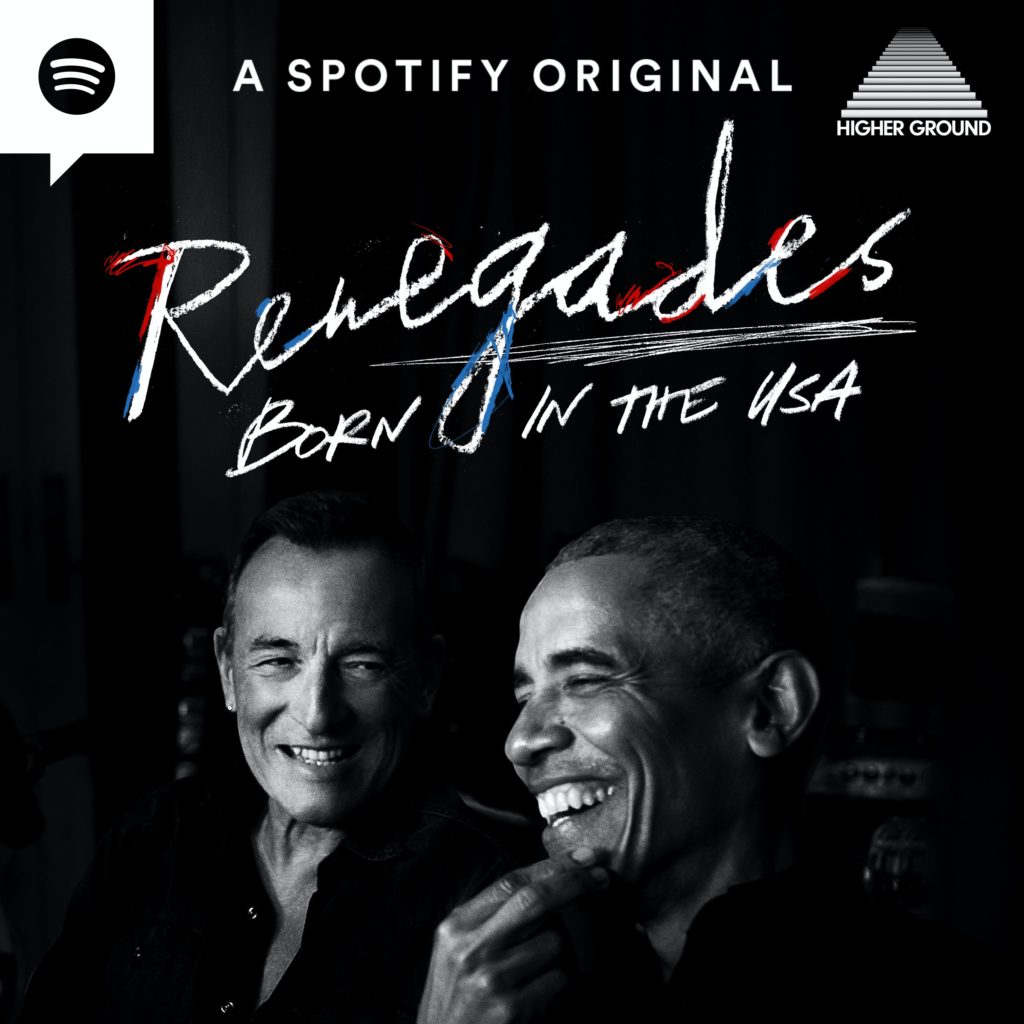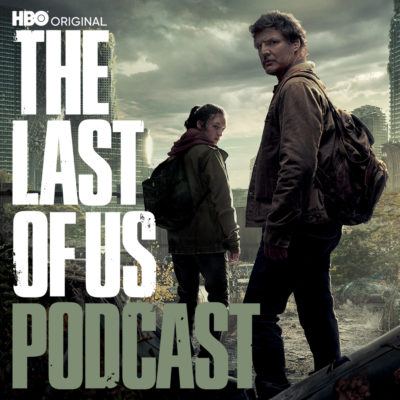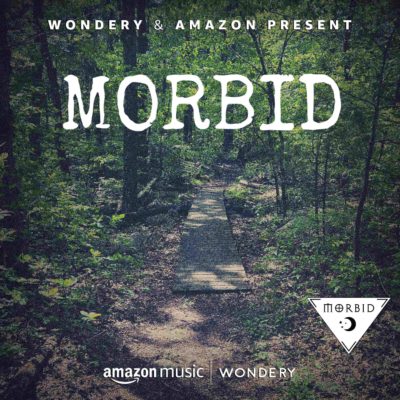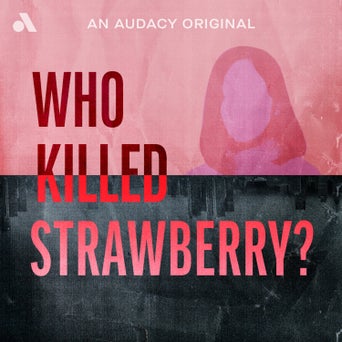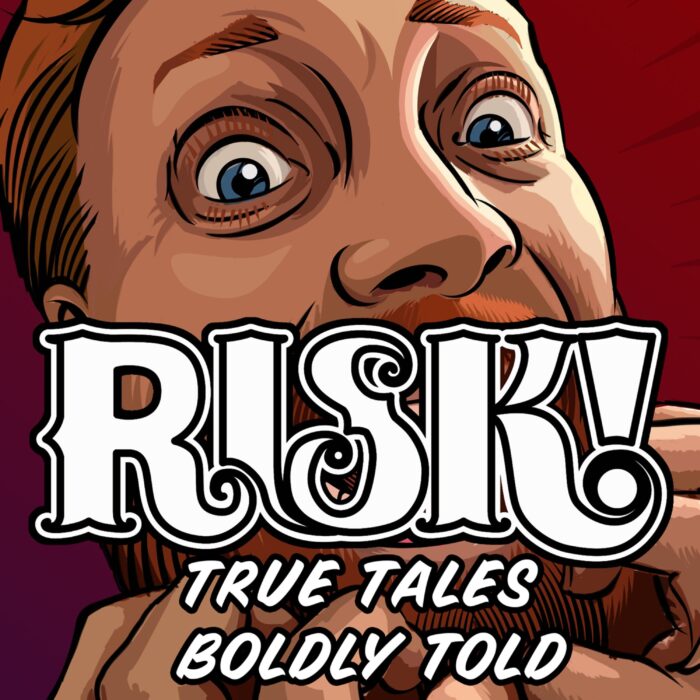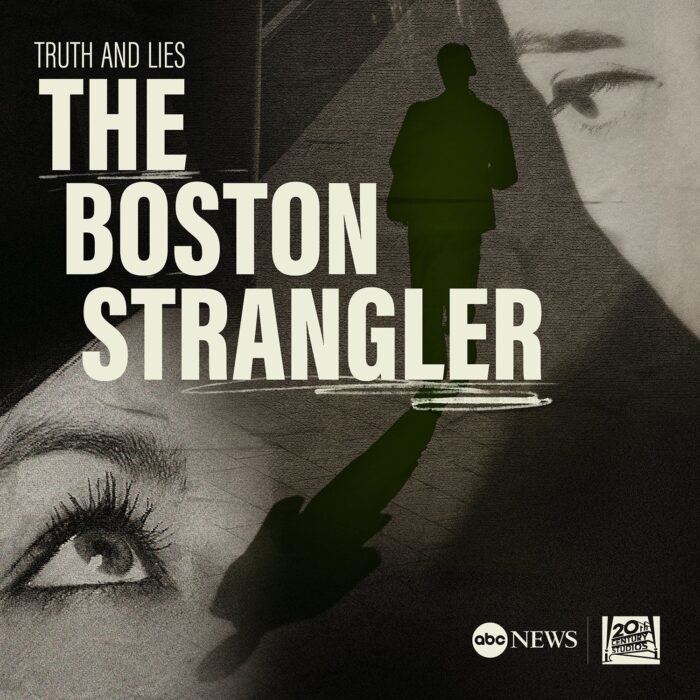This ‘Broken Record’ doesn’t skip – 6 greatest hits of the podcast series featuring your favorite musicians
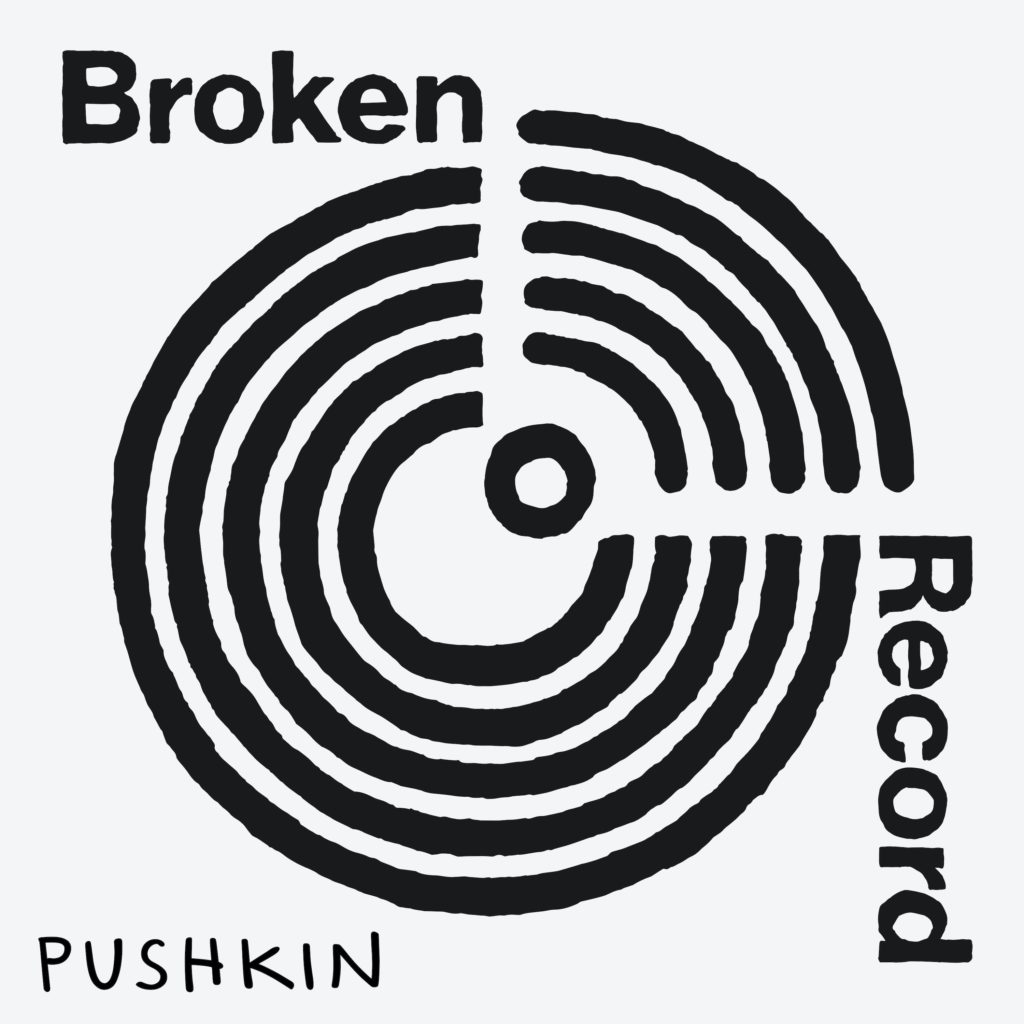
Pushkin Industries presents the music podcast, “Broken Record with Rick Rubin, Malcolm Gladwell, Bruce Headlam, and Justin Richmond,” the ultimate show for music lovers. Each episode interviews favorite artists, musicians, and icons who shaped the industry forever. Rick continues to have a legendary career as a music producer. Malcolm is a writer. Bruce is a former New York Times editor. Justin Richmond previously worked for NPR. The four hosts rotate, so you’ll hear different interviewing styles. They’ll also unpack monumental moments in the realms of music and pop culture.
In its over 130 episodes, we’ve picked some of our favorites in case you’re just dipping into the series. It’s tough narrowing it down, since all of the episodes are top-notch, but here are some great hits of the series:
Rick Rubin
Rick Rubin is interviewed by Malcolm Gladwell on the first episode. As one of greatest producers of our time, he was instrumental in the birth of Hip Hop. He has worked on Jay-Z’s 99 Problems, Adele’s 21, and Tom Petty’s Wildflowers, just to name a few. Most of this interview was conducted at his recording studio in LA, Shangri-La, until the wildfires started. At the beginning of the episode, he believes his studio has burned down. He’s surprisingly calm during the interview in this time of crisis and says he isn’t materialistically attached to his stuff.
Rick has a history of manufacturing events with the Beastie Boys for attention. When Malcolm asked Rick if it’s true he had his dad dress up as a policeman to shut down Rick’s high school band’s show at CBGBs because they were too wild, he said he didn’t remember, but it sounds like something he’d do. He’d conduct similar tricks with the Beastie Boys.
He spoke about his beginnings with the Beastie Boys. Rick would go on to DJ with them. They met through punk rock circles and bonded over a mutual love of Hip Hop. At this time, he was still at NYU. Rick would go out every night to clubs as research and didn’t take any classes before 3PM.
Rick realized the records coming out at the time didn’t reflect Hip Hop. When he would go to clubs, hear their music, and buy their records, he realized they didn’t sound like they did on the record. He was inspired to make records he wanted to listen to. Rick shares what he believes to be the first greatest hip-hop record, Run DMC’s Sucker M.C.’s.
Rick and Malcolm spoke about the difference between rapping and singing — rapping presents words in catchy, rhythmic patterns, whereas music is melody-based. He said how he would hear snippets of Aerosmith’s Walk This Way thrown into songs in clubs, which worked its way into the iconic Run DMC crossover version. Rick says how this song is based on phrasing and it’s lyrically comparable to rap. Rick and Malcolm listened to Aerosmith’s version and compared Run DMC’s. In this episode, Rick also spoke about his work with Johnny Cash and helping reinvent his career.
Darryl “DMC” McDaniels
Darryl “DMC” McDaniels is part of the 1980s trailblazing Hip Hop group, Run DMC. They were different from other groups at the time like The Sugarhill Gang who were releasing R&B-influenced records. Besides being the first rappers to achieve gold, platinum, and multi-platinum record status, they were also the first Hip Hop group to appear on MTV. They were also the first to grace the cover of Rolling Stone.
This episode of “Broken Record” captures two old friends catching up. They met around the time Rick was founding Def Jam Records. Darryl spoke with Rick about their time collaborating together. Rick worked on “Raising Hell” and mixed King of Rock. We hear about how Run DMC was formed, their career peaks, and Darryl’s struggles with depression.
As an adult, Darryl learned he was adopted, and that was an added stressor for him. Darryl chatted about how Sarah McLachlan’s song “Angel” saved his life in the 1990s. They met at a party and Darryl called Sarah “God.” Darryl got in touch with Sarah 3 years later and wanted to make a song with her. Sarah invited Darryl to her house/studio in Canada to make the song, “Just Like Me” based on Harry Chapin’s “Cats in the Cradle.” As they were finished recording the song, Sarah revealed she also learned later in life she was adopted.
Darryl spoke about his health issues and hospitalizations with Pancreatitis. His doctor said he had to stop drinking to stay alive. When Darryl stopped drinking, the depression worsened. Darryl entered rehab and received therapy starting at age 35.
Mark Ronson
Mark Ronson spoke with Rick Rubin on his career as a music producer. When working with artists, he finds out what their superpower is and how to amplify it. Mark spoke about how influential his childhood was in the UK and NYC. His love of music stems from his dad, then his stepdad, Mick Jones from the band Foreigner, who instilled his love of music equipment. He spoke about touring around America for the first time with his mom and step dad. When Mark was in school, his friend pointed out his potential as more of a behind-the-scenes guy rather than playing in a band.
Mark got into DJing at the age of 16, and attended all-ages techno raves. His first-ever gig was on the Upper East Side in NYC during a blizzard. He brought his single crate of records to the show. At that event, he realized the impact of what he played could affect mood of the room. Did you know Mark interned for Rolling Stone Magazine when he was a teenager?
Mark discussed the first time he met with Amy Winehouse in NYC at his studio, and how she thought she was on her way to meet Rick Rubin instead, as she said she was looking for a guy with a beard. They connected instantaneously. He spoke about her wicked sense of humor and inspiration from ’60s girl groups. After that initial meeting, Mark shared a snippet of what would become the song, “Back to Black.” She stuck around to work with him on a full-length record for around 6 days. Mark shares the origin story of “Rehab,” and how at this time, she was experiencing better times. While walking around The Village, Amy explained how she didn’t want to go to rehab. Mark identified the almost gimmicky-cheesy nature of those as potential lyrics and ran with it for the song.
Over quarantine, Mark finally taught himself how to use the program Ableton as opposed to always working in ProTools. Mark also hosts his own podcast, “The FADER Uncovered with Mark Ronson.”
Brian Eno
Former ’70s glam rocker Brian Eno shifted from his band, Roxy Music, to catalyzing the genre of ambient music. It’s incredible how he’s inspired by airports, architecture, and design. Rick and Brian discuss his producer work with David Bowie, U2, Devo, and Coldplay. Brian shares the importance of leaving songs fully instrumental if the right lyrics do not arrive. Brian has a new Sonos radio station, filled with his unreleased tracks, The Lighthouse. He says his ideal radio station format would only include songs that were not available anywhere else, so everyone’s listening to new material for the first time during its live transmission.
Brian shared with Rick the influence of technology on his music. He’s currently working with his coder friend to manipulate MIDI files automatically, randomly removing bits of information from the sounds. Brian likes the element of surprise when writing, since it pushes him to search more creatively.
Brian says what’s most interesting about art is when you can feel while listening, that someone was living it and exuding passion in some way, like exploring unfamiliar territory. He unpacks the two types of artists he considers — some are farmers, others are cowboys. The farmers find places and explore. The cowboys find the next new frontier. Brian said he’s a cowboy because he loves to try new things creatively. But he also likes to create balance for the rest of his life. For example, when he lived on a noisy corner of NYC’s Broome and Broadway, he made the quietist music of his career. He moved to the quiet English countryside, he wrote the loudest music he’s ever done.
Alicia Keys
Alicia Keys spoke with Malcolm during quarantine about her book, More Myself: A Journey. While writing, she began investigating her identity, differentiating who she’s been told to be and who she truly is. These themes informed writings for her new album, Alicia.
At this point, Alicia gained new perspectives, and delved into her emotions. She shared sometimes it’s difficult for her to access her emotions and wanted to look at darker and more vulnerable parts of herself.
Alicia also spoke about growing up in the ’80s & ’90s in NYC. When she was little, her mom played Bobby Caldwell, John Coltrane, Ella Fitzgerald, Marvin Gaye, Roberta Flack, Aretha Franklin, Nina Simone, Stevie Wonder and more in the house. She fell in love with the possibility of becoming a performer. At school, she cited her kindergarten music teacher as influential. Her first time performing live was when her class did The Wizard of Oz‘s “Somewhere Over the Rainbow.” Alicia discussed speaking about being intrigued by the piano from an early age. Her grandmother played piano and wrote songs. After Alicia’s family was gifted a piano, she was hooked!
Bruce Springsteen
Bruce Springsteen spoke with Malcolm Gladwell and Rick Rubin on this episode of “Broken Record.” He re-defined the voice for working-class fans in 1980s. Over 150 million albums sold worldwide, he spoke about the recording process, especially when working on “Born to Run” and “Darkness on the Edge of Town.” He said he was searching for the core of the album in the course of the songs and he was trying to find out what he really had to say.
Bruce speaks about how many of his lyrics start as poetry. For the first album, all his lyrics came first and the words were more imagery-based. When he’s writing, he analyzes his work through being both the creator and audience. While he’s creating something that’s moving, he thinks he’s feeling the same way the audience is going to feel as he’s creating it. This helps him gauge the quality of his work.
He spoke about the difference in headspace when he’s writing for his solo stuff in comparison to the E Street Band. He said it’s more of an isolated persona vs. writing outward from inside a community. Bruce told Malcolm and Rick about his struggles with depression and how he sought help at age 32.
Bruce is gearing up for his upcoming “Springsteen on Broadway” run at NYC’s St. James theater, which is allegedly haunted. Future true crime podcast crossover? We think yes.
